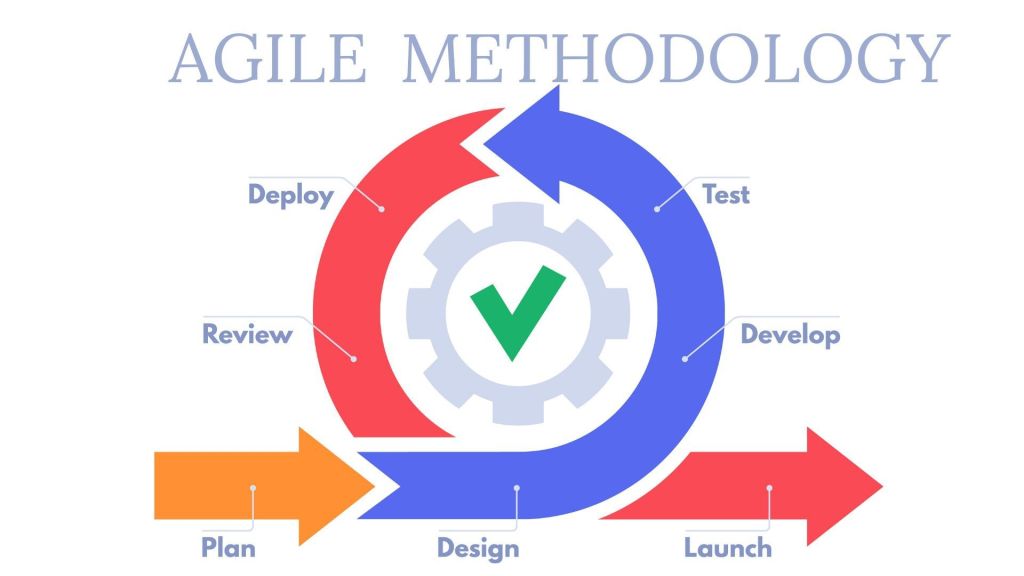what is Agile | Defining Agile Methodology
In the dynamic realm of project management and software development, Agile has emerged as a leading methodology renowned for its adaptability and iterative approach. But what exactly is Agile, and how does it revolutionize work processes?
Defining Agile Methodology
Agile methodology represents a collaborative and iterative approach to project management and software development. At its core, Agile emphasizes flexibility, adaptability, and customer collaboration. Unlike traditional methodologies, it thrives on responding to change and delivering incremental value.
Key Principles of Agile Methodology
Agile is guided by foundational principles that drive its success:
Customer-Centric Focus: Agile places utmost importance on customer satisfaction by continuously delivering valuable solutions and addressing customer needs.
Iterative and Incremental Development: Agile breaks down projects into smaller, manageable components, allowing for continuous improvement and adaptation.
Cross-Functional Collaboration: Teams in Agile methodologies work collaboratively, with close communication among members from various disciplines.
Adaptability and Flexibility: Agile embraces changing requirements and priorities, welcoming them as opportunities for improvement rather than disruptions.
Continuous Improvement and Feedback: Regular retrospectives and feedback loops enable teams to refine processes and enhance outcomes continually.
Implementing Agile Methodologies
Agile encompasses various frameworks like Scrum, Kanban, and Lean, each offering unique approaches to managing projects and workflows. For instance, Scrum employs time-boxed iterations called sprints, while Kanban visualizes work on a board to manage flow.
To successfully implement Agile methodologies, organizations must:
Foster a Culture of Agility: Embracing Agile principles requires a cultural shift, encouraging collaboration, transparency, and adaptability.
Provide Adequate Training: Teams need proper training and support to understand and apply Agile practices effectively.
Gain Leadership Support: Management support is vital for overcoming challenges and ensuring the successful adoption of Agile methodologies.
Benefits and Challenges of Agile
The Agile approach offers numerous advantages, including:
Enhanced Flexibility and Responsiveness: Agile enables quicker responses to changes in requirements or market dynamics.
Improved Product Quality: Continuous feedback and testing result in higher-quality deliverables.
Faster Time-to-Market: By delivering increments of functionality, Agile reduces time-to-market for products or features.
While Agile brings several benefits, challenges may arise, such as:
Cultural Resistance: Resistance to change within an organization may hinder Agile adoption.
Resource Management: Proper resource allocation and management within an iterative process can pose challenges.
In conclusion, understanding "What Is Agile" methodology is key to unlocking its potential in enhancing project management and software development. By embracing its principles of adaptability, collaboration, and continuous improvement, organizations can navigate complexities and deliver value in today's dynamic business landscape.
The versatility of Agile methodologies, whether in Scrum, Kanban, or other frameworks, lies in their ability to be tailored to suit diverse organizational needs. Embracing Agile fosters a culture of innovation and responsiveness, positioning businesses to thrive in an ever-evolving marketplace.

Comments
Post a Comment